Independent valuation – the decisive factor for transparency in the intellectual property market
Speaking at the meeting of the group discussing the amendment of the Law on Intellectual Property, delegates commented that the valuation and commercialization of intellectual property assets, especially inventions, is a major "bottleneck".
Delegate Nguyen Ngoc Son ( Hai Phong City National Assembly Delegation) pointed out the current situation where banks "do not accept" IP as collateral due to the lack of legal mechanisms. The delegate said that the "encouraging" provision (Article 8.3) is not enough, but there needs to be a mechanism to clearly define and recognize IP assets "as a type of asset with legal value similar to other types of assets" such as stocks or real estate.
A major issue of concern to many delegates is the provision allowing owners to "self-determine value".
Delegate Dinh Thi Ngoc Dung and Delegate Nguyen Van An (National Assembly delegation of Hung Yen province) both expressed concerns about the risk of lack of transparency and objectivity, which could lead to "price inflation" or "inflating asset value" to contribute capital or borrow capital, causing losses to other investors.

Discussion scene at Group 11.
Regarding intellectual property assets "off the accounting books", delegate Nguyen Van An requested that the law clarify "the conditions for recording the value of assets in accounting books". Delegate Nguyen Thi Viet Nga warned that this regulation may be contrary to the Law on Accounting and suggested tightening it: This asset is only recorded as "internally monitored assets", not as a basis for capital contribution or mortgage, "unless confirmed by an independent valuation organization".
Regarding the situation of inventions using state budget being "stored", Delegate Nguyen Thi Viet Nga proposed adding the obligation to commercialize (Articles 86 and 87). The Delegate proposed that if after 3 years of not exploiting, the State has the right to "recall, auction or compulsorily transfer".
Delegate Nguyen Tuan Anh ( Can Tho ) focused on analyzing the financialization mechanism of intellectual property rights stated in Clause 4, Article 1 of the draft, according to which the owner is allowed to "self-determine the value of intellectual property rights and create a separate management list" for rights that are not eligible to be recorded in accounting books. The delegate said that this provision can help businesses be more flexible in management, but also poses potential legal risks if there is no clear guidance.
"The value of assets recorded in accounting books must strictly comply with accounting and financial standards. Without unified guidance, self-valuation can lead to large differences between organizations, causing difficulties in commercial transactions or capital mobilization," warned delegate Nguyen Tuan Anh. The delegate further analyzed that allowing self-valuation can create loopholes for "inflating prices", distorting enterprise values or committing fraud in capital contributions. Therefore, it is necessary to supplement regulations on independent control of capital contribution transactions and capital mobilization using intellectual property, and clearly define the role of professional valuation organizations.
"Currently, there are many legal valuation organizations. If we include them in the valuation process, it will increase objectivity and reduce legal risks. We should regulate an independent inspection and supervision mechanism, instead of just giving businesses the right to self-determination," said delegate Nguyen Tuan Anh.
Delegate Nguyen Tuan Anh also noted that the creation of a "separate asset list" may conflict with the current Accounting Law, which prohibits the act of leaving assets and liabilities off the books. If not clearly regulated, administrative violations or accounting fraud may occur; at the same time, he recommended: "Detailed guidance is needed to avoid creating a legal gap that could lead to abuse of the management mechanism."
Delegate Lo Thi Luyen (Dien Bien) also expressed similar concerns. According to the delegate, if owners are allowed to set their own prices, it is very easy for dishonest prices to occur, either too high or too low, causing difficulties when conducting transactions or when disputes arise.
"To ensure fairness and transparency, the Government needs to specify in detail the documents, procedures and processes for self-assessment, and at the same time require independent appraisal for high-value commercial transactions. Without a verification mechanism, the feasibility of this regulation will be very low," Ms. Lo Thi Luyen affirmed.
Strengthening creative protection, strictly handling violations
Besides issues of valuation and commercialization of intellectual property, many delegates expressed concern about the increasing violations of intellectual property rights.
Delegate Tran Hoang Ngan (Ho Chi Minh City) cited data from the Department of Intellectual Property, saying that Vietnam currently has more than 700,000 registered trademarks, an average growth of 10-11% per year, a positive sign. However, in the first 6 months of this year alone, the number of violations exceeded 3,000, a sharp increase compared to the same period.
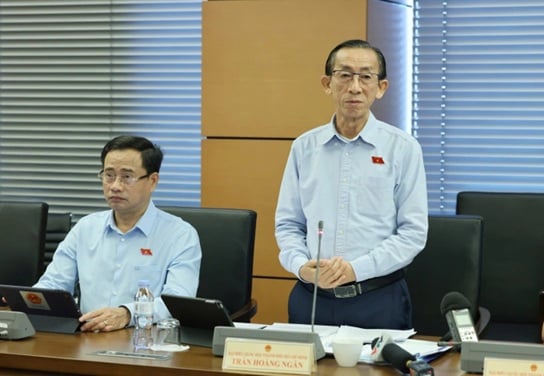
National Assembly Delegate Tran Hoang Ngan at the group discussion session.
According to the delegate, infringements are becoming more and more sophisticated, from counterfeit goods to copying digital content, and it is even difficult for consumers to distinguish between real and fake. Without strong enough deterrent measures, the rights of businesses and creators will be seriously violated.
"The government needs to have policies to support the registration, protection and exploitation of intellectual property rights for vulnerable groups such as small producers, farmers, ethnic minorities, and those with traditional products but limited access to legal rights. If they lose their trademarks or their products are copied, the damage will be huge, directly affecting their livelihoods," said delegate Tran Hoang Ngan.
Besides, the delegates also It is recommended to strengthen training and improve the capacity of enforcement officers and soon establish a specialized Intellectual Property Court to handle disputes more quickly, correctly and in-depth, meeting the requirements of international integration.
Delegate Ha Sy Dong (Quang Tri) acknowledged that the draft revised Law on Intellectual Property this time has shown great efforts when amending up to 74 articles, adding 2 articles and abolishing 8 articles. However, some important orientations in the Government's Submission, especially the content on the 4.0 industrial revolution, artificial intelligence and digital transformation have not been fully expressed.
The delegate emphasized that it is necessary to supplement the principle of recognizing and protecting products with the participation of AI, and clearly stipulate that protection rights are only recognized when there is a creative contribution from humans; the part automatically generated by AI is only protected at the data or process level. In addition, there needs to be a mechanism to protect traditional knowledge and creativity of ethnic minority communities, an area that UNESCO and WIPO have recommended for many years.
We have many folk values, from medicinal recipes, brocade patterns to musical instruments, but they are not protected, easily copied and commercialized abroad without any benefits returning to the community. This is a gap that needs to be overcome soon. Regarding legislative techniques, the Delegate proposed to eliminate administrative regulations, duplication such as the division of work between ministries, the process of transferring inventions, or adding too many new types of fees and charges. In addition, the Law should focus on major principles, assigning the Government to specify details by decree to ensure flexibility, in accordance with the spirit of decentralization of Resolution 66-NQ/TW.
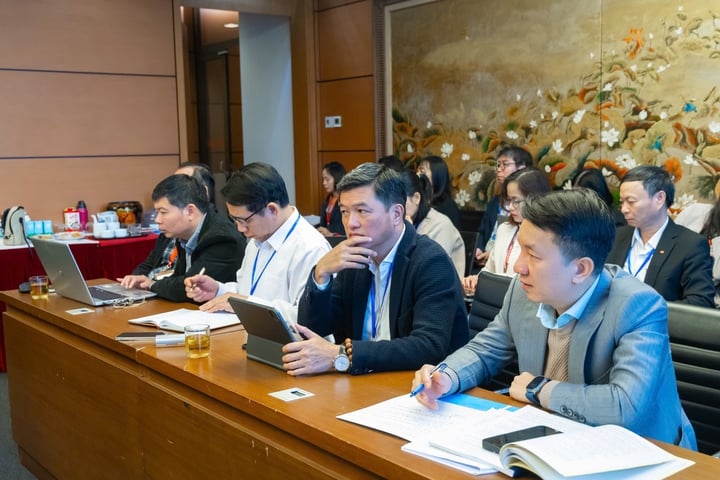
Leader of the National Office of Intellectual Property Luu Hoang Long attended the meeting of the group on intellectual property.
According to the Program of the 10th Session of the 15th National Assembly, the National Assembly is expected to discuss this Law Project in groups on November 5, then discuss it in the hall at the end of November and pass it in early December 2025.
Source: https://mst.gov.vn/khai-thong-diem-nghen-thuong-mai-hoa-tai-san-tri-tue-19725110521240596.htm


![[Photo] Prime Minister Pham Minh Chinh receives the delegation of the Semiconductor Manufacturing International (SEMI)](https://vphoto.vietnam.vn/thumb/1200x675/vietnam/resource/IMAGE/2025/11/06/1762434628831_dsc-0219-jpg.webp)


![[Photo] Closing of the 14th Conference of the 13th Party Central Committee](https://vphoto.vietnam.vn/thumb/1200x675/vietnam/resource/IMAGE/2025/11/06/1762404919012_a1-bnd-5975-5183-jpg.webp)








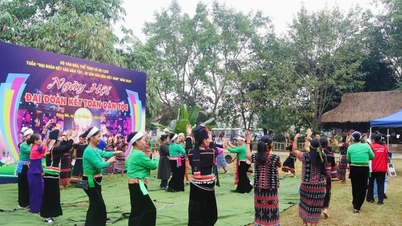
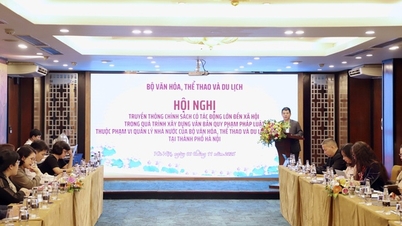




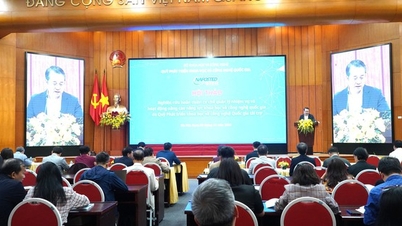
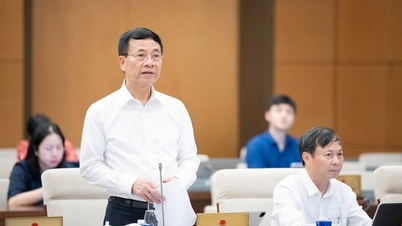
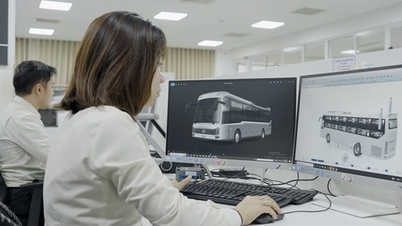

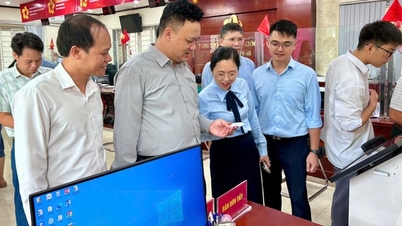







































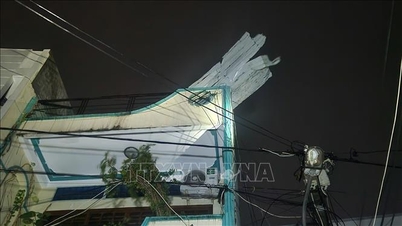

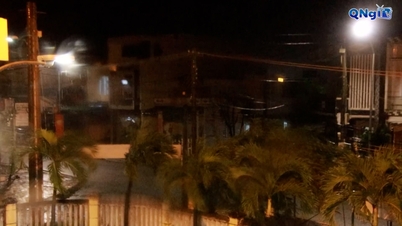

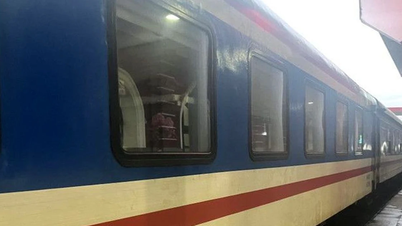

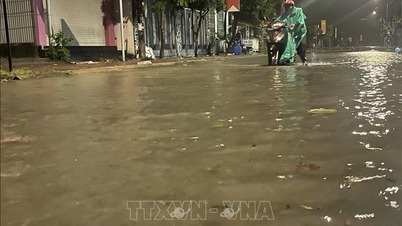

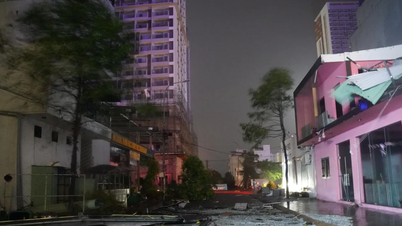





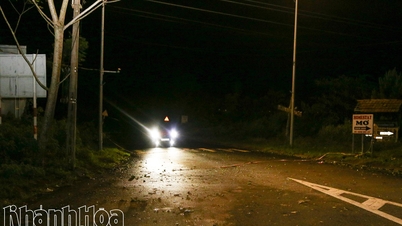

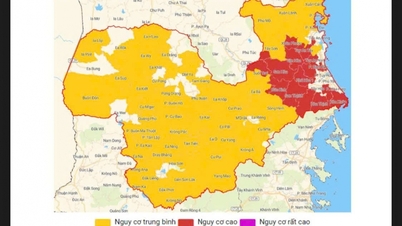

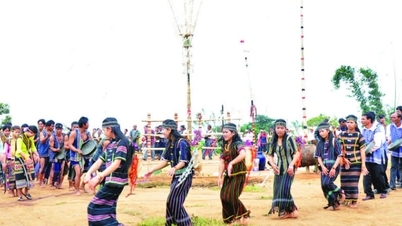

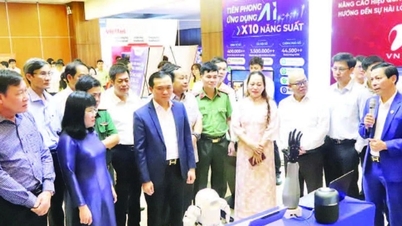
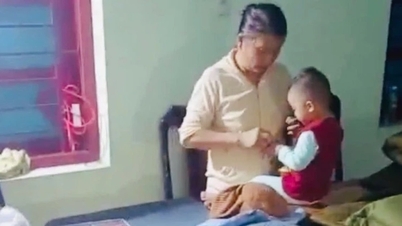
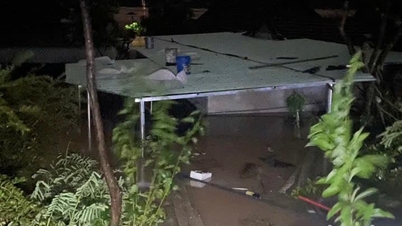














Comment (0)